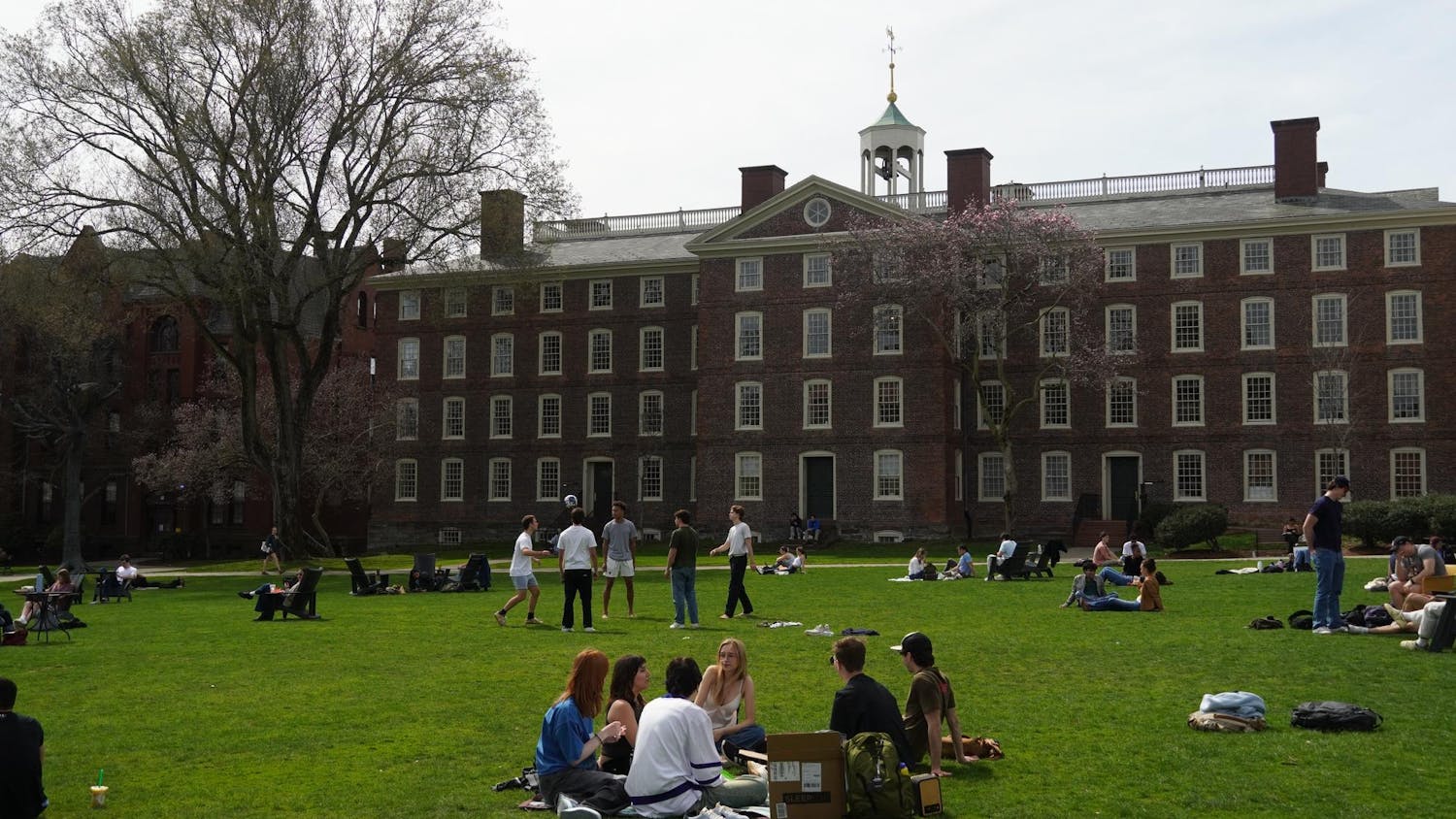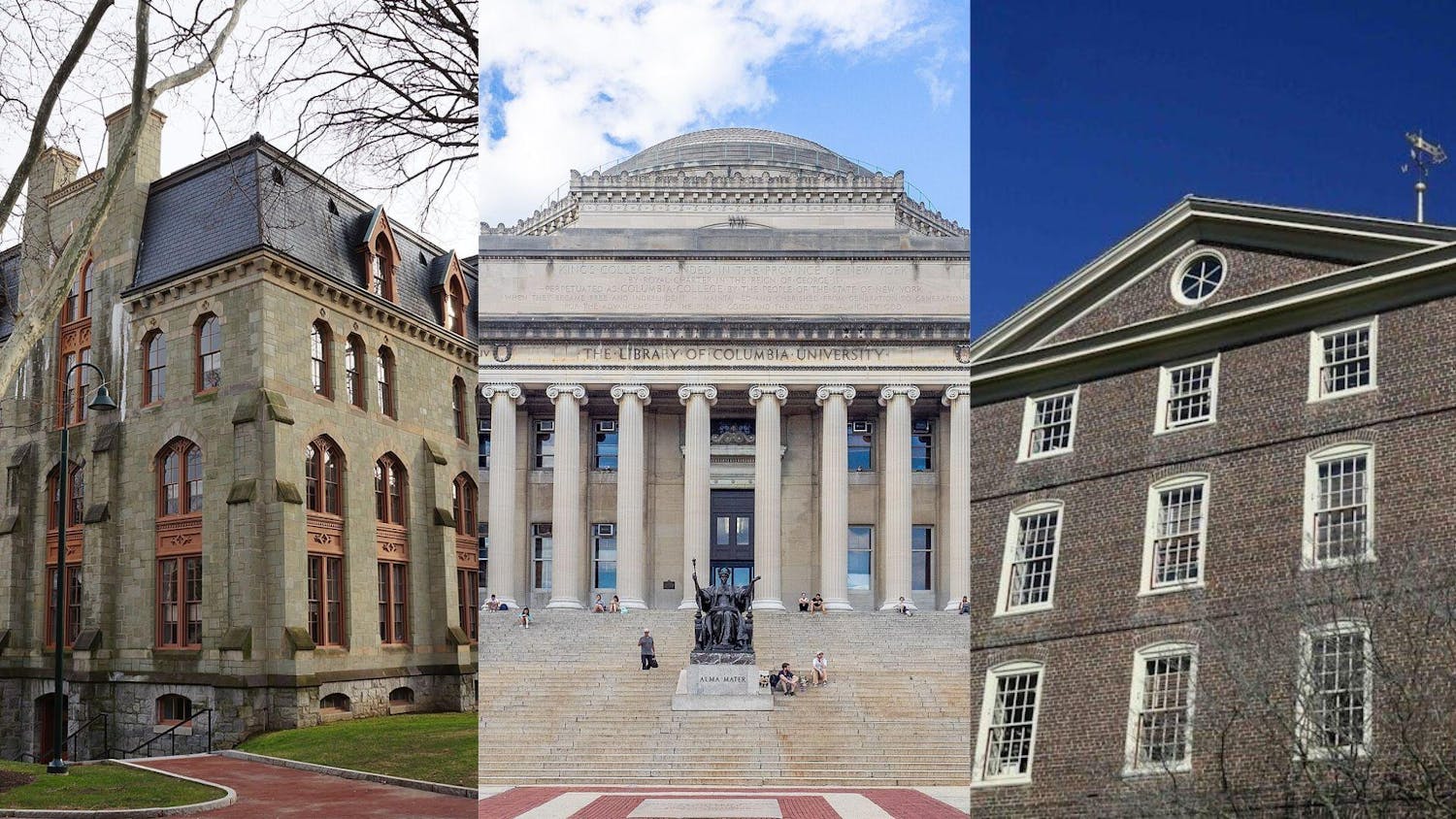With 38 award recipients, the University produced the second-most Fulbright students among all U.S. institutions for the 2019-20 school year, according to the Chronicle of Higher Education.
Selected from an applicant pool of 121 Brown students, this year’s cohort includes 36 recent undergraduate students and two current graduate students. Georgetown produced 45 award recipients this year, breaking the University’s three-year streak atop the list. But Brown has placed among the top 10 Fulbright producers for the past 10 years, The Herald previously reported.
The Fulbright U.S. Student Program provides grants for students to either teach English or conduct independent research in one of over 160 participating countries, according to Fulbright’s website.
Linda Dunleavy, the associate dean of the college for fellowships, said the University’s consistent Fulbright success is “a community effort.” Peer-review workshops and a team of graduate student fellowship advisors help applicants strengthen their essays before the applications are reviewed in early August, two months before the national deadline. Faculty on the University’s Fulbright committee then give feedback on all students’ applications.
Without any previous international research experience, Karisma Chhabria ’19 initially questioned whether she was qualified for a Fulbright award. But Dunleavy’s office gave her the confidence and resources to apply.
“I kept going to the workshops, and the fellowship office itself is very supportive,” she said. “I went in and talked one-on-one during those open hours. So many resources are available, like sample essays and the workshops throughout the summer. That’s when the project idea really started to take hold.”
Since late August, Chhabria has been researching the vaginal microbiome to predict maternal and fetal health in Mumbai, India. Besides pursuing her research, Chhabria, who is of Indian descent, said she has also been able to explore a part of her identity; from the institute where she is based, she can even see her father’s childhood home.
In addition to using the opportunity to explore her background, Chhabria said her liberal education at Brown has allowed her to learn more from her Fulbright experience than science courses could offer on their own.
“The open curriculum really is conducive to multidisciplinary work,” she said. “So many times during this trip, I thought back to not only my STEM classes, but the South Asian history class or the comparative literature class in colonialism that I took.”
Yesenia Valverde ’17, who is pursuing ecological research on her Fulbright award on the island of Borneo’s Malaysian side, agreed the program is about more than research in a lab.
Like Chhabria’s, Valverde’s experience abroad has transcended science, including a “humbling” immersion in Malaysian culture. “I’m learning about things outside of (my research) in terms of the culture, my identity, social skills and life skills,” she said. “There’s so much more you learn about life and your place in the world, … especially after finishing your education.”
On the Indonesian side of Borneo, Lucy Srour ’19 has served as an English teaching assistant in a high school in Sangatta for the past six months. While this work has been “a lot more challenging than (she) expected,” Srour said her Fulbright application and experience have paid off.
“Some people may be scared away by the title of Fulbright” or the length of the application process, she said. “But I think that it has absolutely been worth it, even the periods of doubt and uncertainty leading up to my acceptance.”
Srour advises students contemplating a Fulbright trip to finish the application early. Leaving herself ample time to write the essays made applying enjoyable, she said. “It was kind of a nice process to reflect on who I am and how I got here today.” Waiting until her senior spring to learn the result of her application, however, was difficult, especially as her peers began securing jobs.
While Dunleavy said that the Fulbright award can appeal to almost any Brown student, she added that applicants must be “willing to take a risk and step off the expected path” to pursue this kind of experience. She said the biggest mistake students exploring their post-graduation options make is ruling themselves out of an opportunity before doing their research and seeking on-campus support.
“Sometimes the term fellowship can seem off-putting; people are like, oh, that’s something out of another stratosphere,” she said, “that’s not really true, and it’s counterproductive.” Students should “be open and curious about” their opportunities instead.





